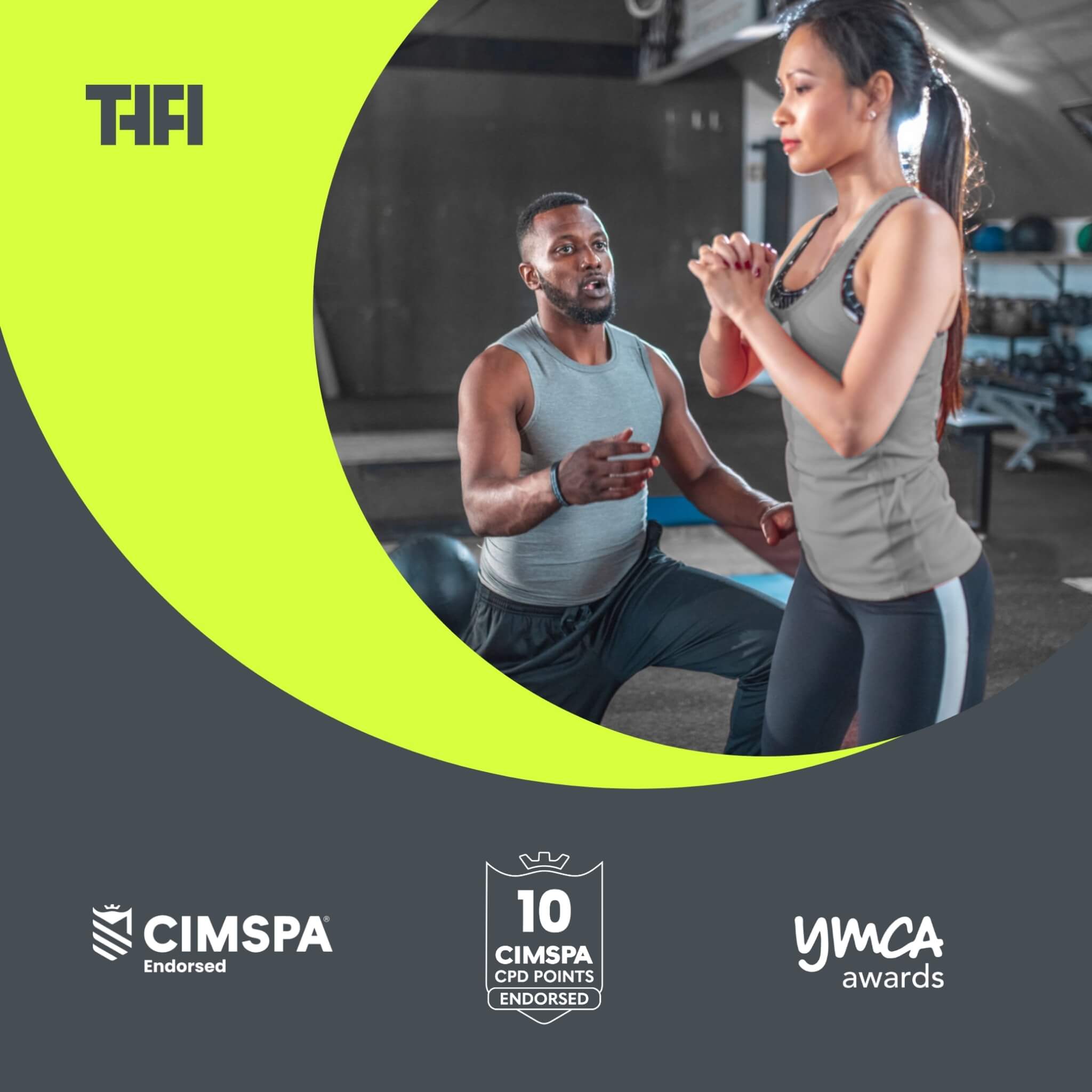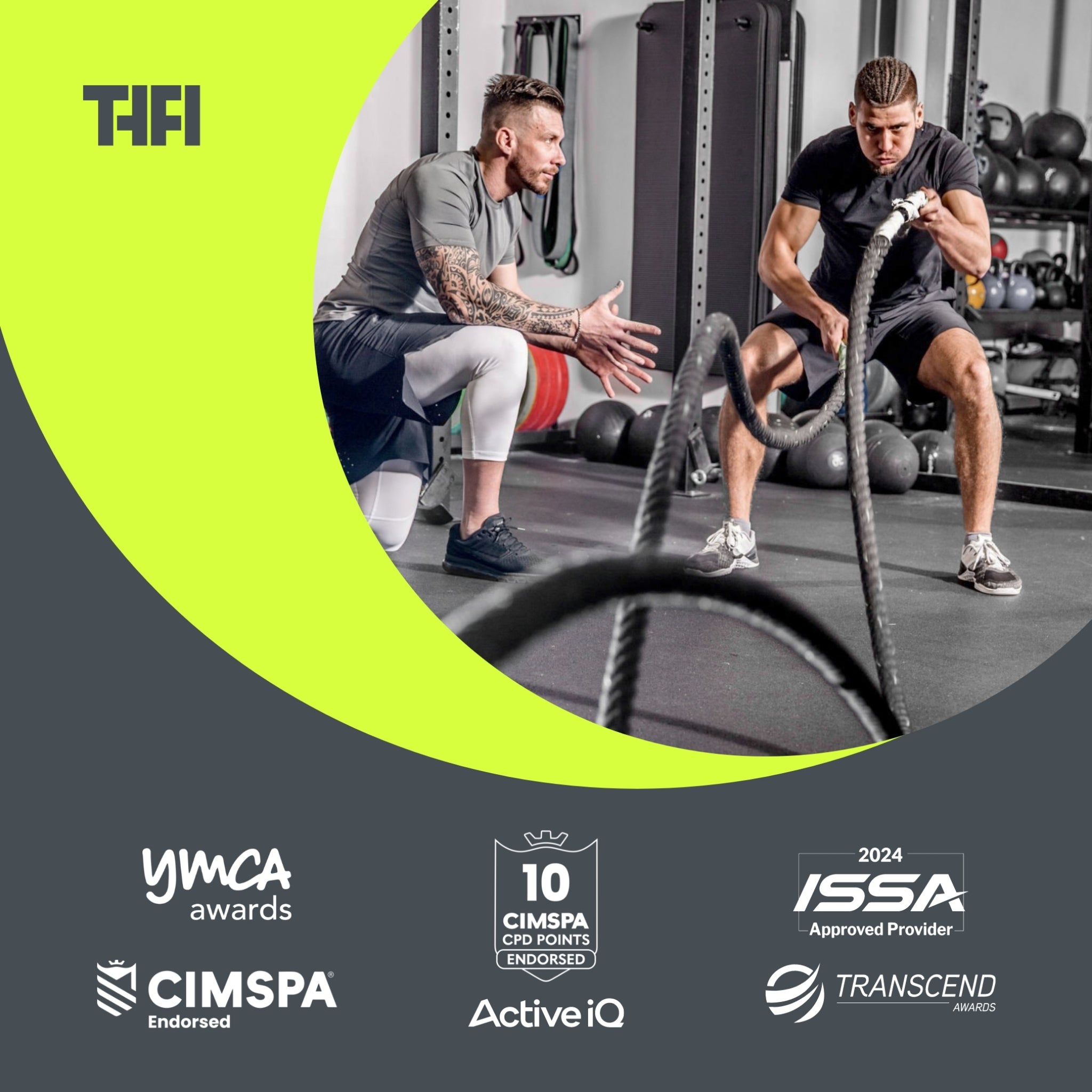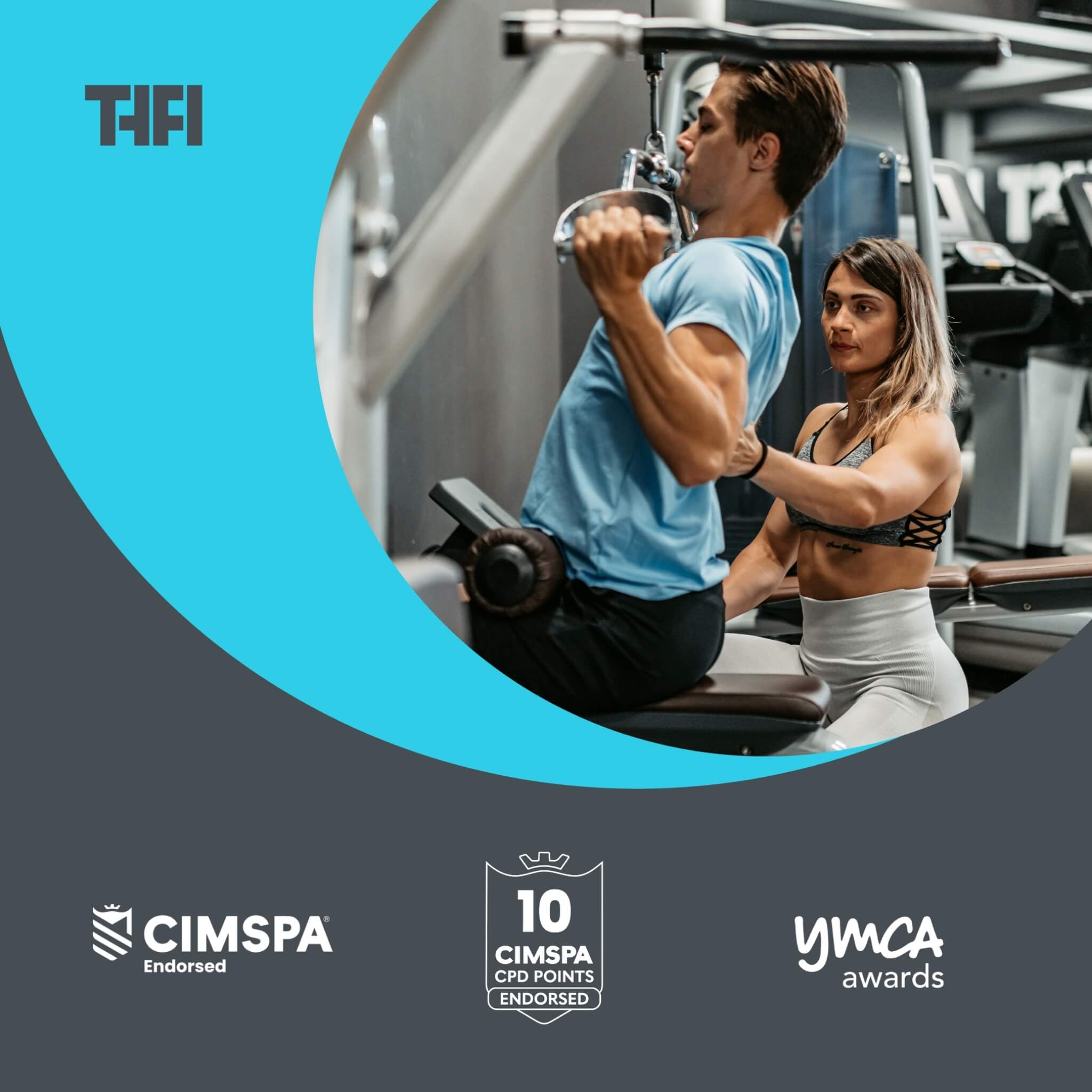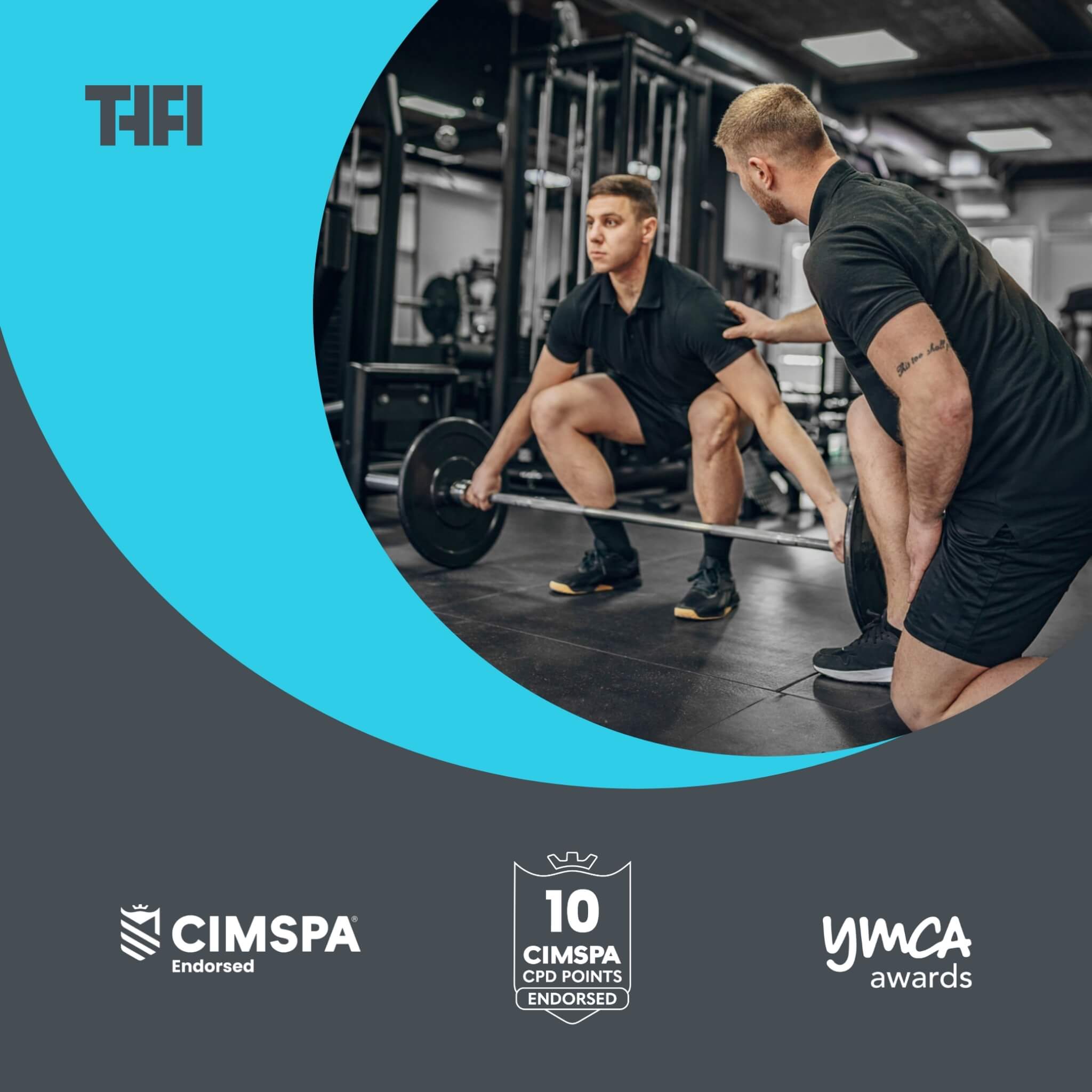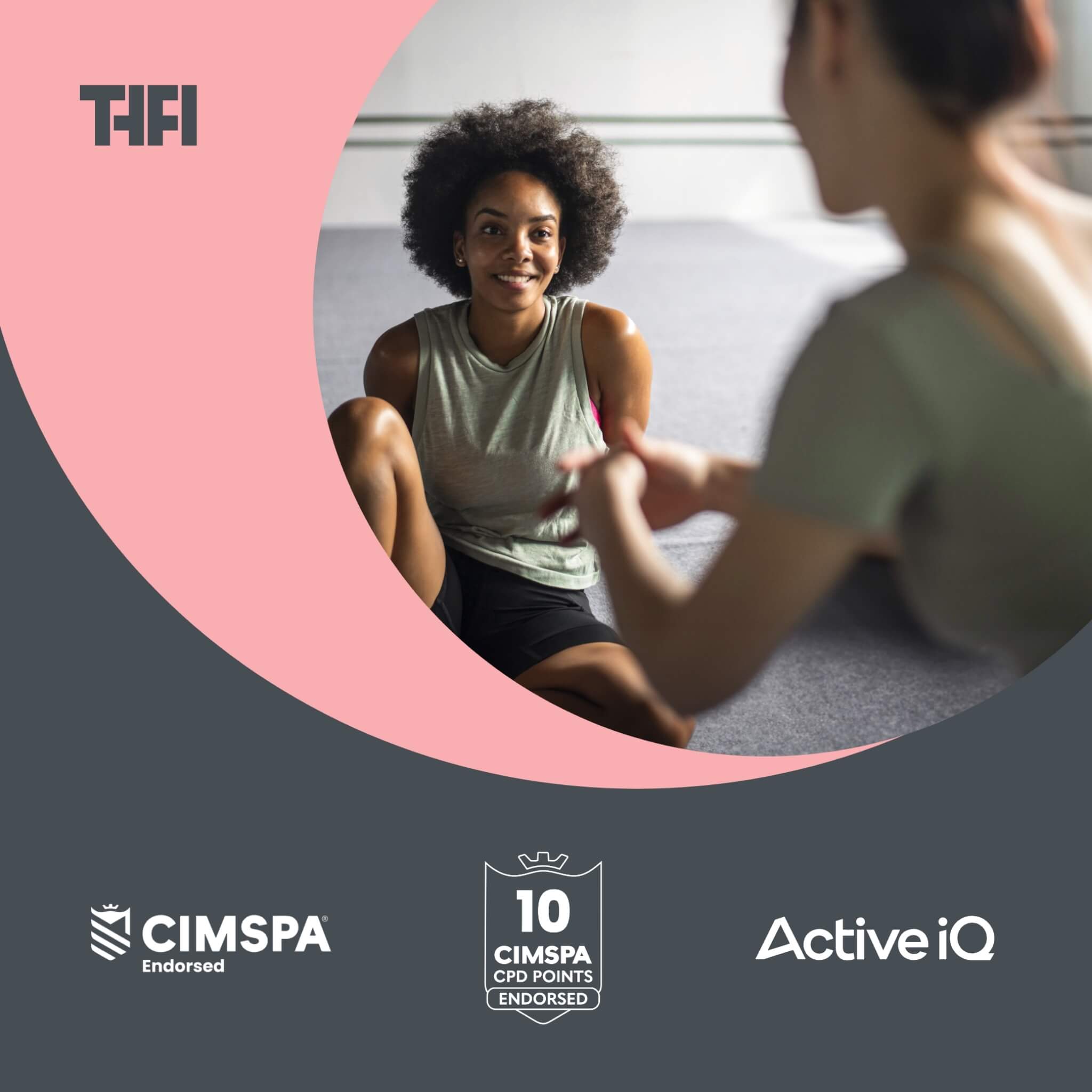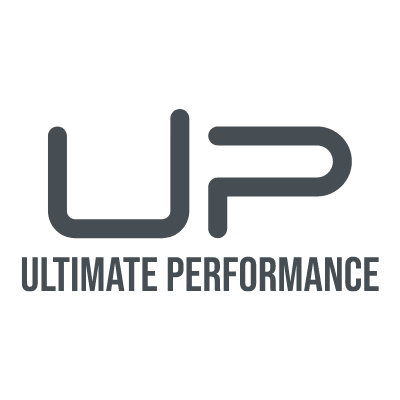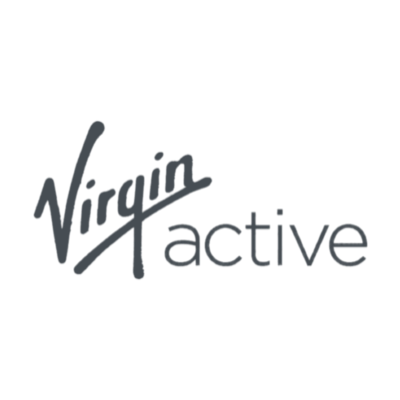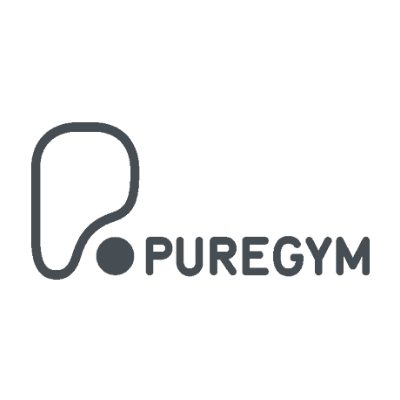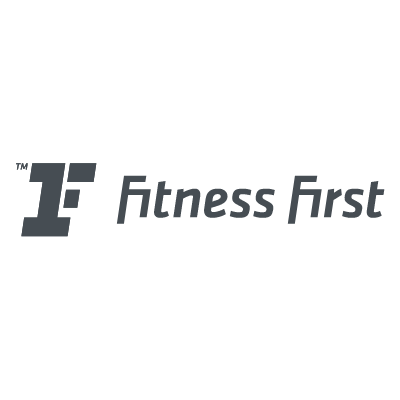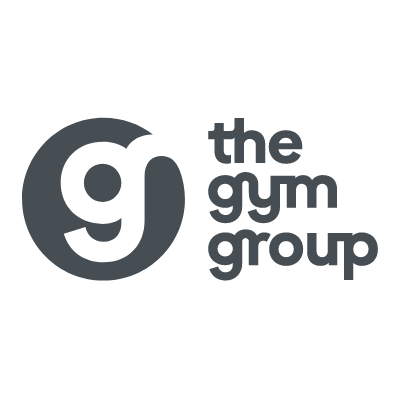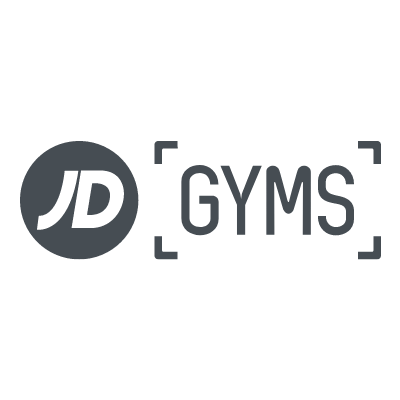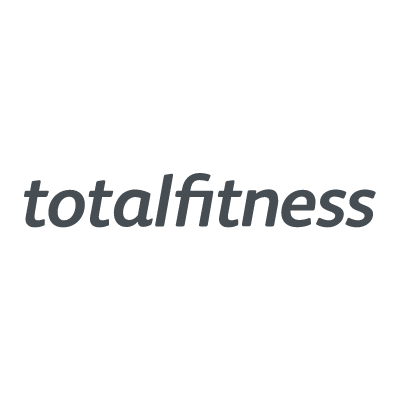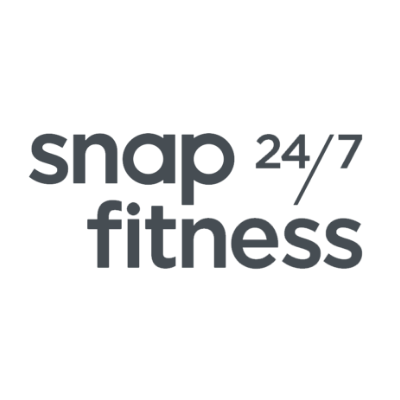5 Interview Tips for Personal Trainers

Imagine walking out of your personal training interview feeling that rush of adrenaline.
But it's not the usual post-workout high – it's from the knowledge that you absolutely nailed it.
You aced every question, confidently demonstrated your skills with confidence, and left a lasting impression on your interviewers.
But shockingly 70% of interviewees fail to properly prepare which leads them to miss out on potential job offers.
Skipping this crucial last step is shocking when you consider the countless hours you’ve dedicated to mastering training techniques, crafting programs and building up your nutrition knowledge.
If you’ve recently completed your personal trainer qualification – this is the moment where you turn that hard work into real opportunity by standing out in the interview process.
Don’t be in the majority who fall at the final hurdle and miss out on their dream job offer.
This article gives you five proven strategies to follow that give you the competitive edge in your interview.
By mastering these techniques, you won't just be another candidate – you'll be the one trainer whose passion and knowledge stands out.
Read on to master the art of the interview so you can pick your ideal role, get more clients and better hours, and earn a chunkier pay packet...
- Know your ‘why’: Your personal fitness journey
There's a reason "Know Your Why" has become such a well-worn phrase: it's utterly essential. Your 'why' is your driving force, the compelling story behind your decision to become a personal trainer. It's that intrinsic motivation that gets you up at 5am for clients, and keeps you studying the latest training techniques late into the night. During an interview, your 'why' isn’t just a story. It's a testament to your dedication, passion, and commitment to the fitness industry.
Sharing your fitness transformation
Every trainer has a story. Maybe you were the high school athlete who never gave up, the mum who reclaimed her body after childbirth, or perhaps you’re the introverted teen who discovered self-confidence through weightlifting. Your transformation isn’t just physical – it's emotional and psychological. By sharing your personal fitness journey, you're giving interviewers a unique insight into the dedication you bring to every client. You're proving that fitness isn’t just your job – it's your life's passion.
Anecdotes that resonate
But it's not enough to simply state your journey; you have to make it relatable. Think of the moments that challenged you, where your resilience was tested. Remember that time you hit a plateau, and every workout felt like an uphill battle? Or when you faced an injury, doubting if you'd ever return to peak form? These are the anecdotes that resonate because every fitness enthusiast has been there. Sharing these tales highlights your empathy, allowing you to connect with clients on a deeper level.
Your journey from ‘gym novice’ to ‘fitness expert’
It's not about where you started but how far you've come. Take your interviewers on a journey from your first uncertain steps into the fitness world to where you stand now: confident, knowledgeable, and with a burning desire to make a difference.
This evolution is crucial because it reflects your ability to adapt, learn, and grow in an ever-evolving industry. You started as a novice, but now you're striving to become a beacon of knowledge for your clients. By showcasing this growth, you're not just stating your experience; you're proving your commitment to continuous learning and personal development.
When interviewers see the depth of your journey, the challenges you've overcome, and your passion for fitness, they'll see more than just a potential employee. They'll see a future leader, a pillar of inspiration, someone who brings more than just skills to the table – you bring a story, a mission, and an unwavering commitment to excellence.
- Research and understand the gym's ethos
When you’re interviewing for a role at a gym or fitness centre, it's not enough to just sell yourself. An equally vital component is understanding their ethos, and aligning yourself with it. Demonstrating that you've done your homework and resonate with the gym's values and mission can make all the difference between coming across as just another candidate or as the perfect fit.
The gym’s history and legacy
Every gym has a story. Before your interview, dive deep into the origin of the gym. What was the inspiration behind its founding? What milestones has it achieved over the years? By showing an understanding of the gym's legacy, you’re highlighting your commitment and genuine interest in becoming a part of its future.
Founder’s vision and mission
Behind every gym, there's a dream and a vision. What were the goals the founder aimed to achieve when they opened the gym? Maybe it was about creating a safe space for everyone to pursue fitness, or perhaps it was an ambition to revolutionise local fitness standards. By referencing the founder's mission in your interview, you prove that you understand the values at the core of the business.
Success stories and client testimonials
Nothing speaks louder about a gym's effectiveness than the success stories of its members. Go beyond just glancing at the testimonial page. Dive into the individual stories, the transformations, and the testimonials. When you reference these stories, it not only shows that you've done your homework, but that you’re excited to be a catalyst in creating more of these kind of success stories.
Training approaches and ‘unique selling points’
What makes this gym stand out in a sea of fitness centres? Is it their state-of-the-art equipment? A unique training methodology? Or an exceptional focus on client well-being? By demonstrating that you not only know but also resonate with the gym's USPs, you’re showcasing how seamlessly you can fit into their team and further their mission.
Signature workouts or programs
You will often find gyms have a training philosophy or a workout style they adhere to. Get familiar with these. Are they HIIT-based? Is there a focused on functional fitness? Or perhaps they are specialists in sports performance or rehabilitation. Your understanding and potential feedback on these can be an excellent talking point during the interview.
- Practical demonstrations: Show, don’t just tell
It's one thing to eloquently talk about your skills and qualifications during an interview; it’s another to demonstrate them practically. In the world of personal training, your practical skills are just as crucial, if not more so, than your theoretical knowledge. Employers and clients alike want to see that you can walk the walk, not just talk the talk.
Crafting a signature routine
Every personal trainer should have a quick, impactful workout routine up their sleeve. This routine isn’t just a mere workout; it encapsulates your training philosophy, your creativity, and your adaptability.
Demonstrating technique mastery: The best trainers not only perform exercises but execute them with impeccable form and technique. Your demo routine is your canvas to showcase this mastery. Whether it’s the perfect plank, a flawless kettlebell swing, or a meticulously executed burpee, this is your chance to show potential employers that you prioritise safety and efficacy.
Adapting to different client needs on the spot: Not every client will be able to perform every exercise, especially if they have injuries or specific conditions. Showcase your ability to adapt on the fly. Let’s say your routine involves jump squats, but what if a hypothetical client has knee issues? Demonstrate how you’d modify the routine for them, perhaps by transitioning to box squats or another knee-friendly exercise. This ability to adapt not only exhibits your vast exercise repertoire but also your concern for individual client needs.
When crafting this routine, remember, it's not about showcasing the toughest or most complex exercises you know. It's about demonstrating your understanding of the fundamentals, your adaptability, and most importantly, your ability to cater to different needs efficiently. By the end of this short demonstration, potential employers should be left with no doubt about your practical prowess and your commitment to client-centric training.
- Communicate your continuous learning journey
In the ever-evolving fitness industry, what separates a good personal trainer from an exceptional one is their dedication to continuous learning. The knowledge you gained during your initial certification is the foundation, but building on that foundation is what truly creates a successful, dynamic career. Here's how to convey your ongoing commitment to personal and professional growth.
Recent courses and certifications
It's not just about having a certificate; it's about what that certificate represents. Share with your interviewer the most recent courses you've undertaken and the skills you've acquired from them.
- Discuss the insights you gained and how they have transformed your training approach. Was it a nutrition course that deepened your understanding of goal-focused eating? Or perhaps a strength and conditioning certificate that’s allowed you to better cater to performance athletes?
- Mention how these courses have benefited your clients. For instance, thanks to a newly acquired rehabilitation certification, you’ve been able to guide recovering clients more effectively, helping them regain strength without risking injury.
Networking and industry events
In this industry, who you know can often be as important as what you know.
- Share stories of recent fitness expos, seminars, or workshops you've attended. Discuss the industry leaders you’ve met and the cutting-edge trends and practices you've been introduced to.
- Highlight the value of these connections. Perhaps you've formed partnerships that have provided additional resources for your clients or learnt about new training techniques that you’ve since integrated into your routines.
Plans for future skill enhancement
The road to mastery is infinite. Make it clear that you're not just resting on your laurels.
- Talk about your goals: Are there any advanced courses or specialisations you have your eye on? Maybe you're considering diving into sports nutrition, biomechanics, or even branching out into fitness tech.
- Discuss how these future pursuits align with the gym's vision and how they'll provide value. For example, if the gym aims to expand its online presence, your plans to undertake a digital fitness coaching course could be an invaluable asset.
Wrapping up, let your passion shine through. Show your potential employer that for you, fitness isn't just a job; it's a lifelong journey of learning, growth, and dedication. Your commitment to continuous development is not just for your benefit, but more importantly, for every client who places their trust in your expertise.
- Ask thoughtful questions that show genuine interest
One of the hallmarks of a truly passionate personal trainer is their genuine interest in understanding the environment they're stepping into. It's not just about what you bring to the table, but how you fit into the existing ecosystem. By asking thoughtful questions, you not only show that you care about your potential role but also highlight your strategic thinking and foresight. Here’s how you can effectively communicate genuine interest.
Enquiring about the gym’s biggest challenges
Every gym or fitness facility has its unique set of challenges. Positioning yourself as a solution-oriented individual is a game-changer.
- Begin by genuinely asking about the biggest obstacles they’ve faced over the past year. Is it retaining members, adapting to the rise of digital fitness, or maybe finding qualified staff?
- Take it a step further and suggest potential solutions or share experiences where you've dealt with similar challenges. Perhaps in your previous role, you initiated a monthly fitness challenge that boosted member engagement, offering a potential solution to member retention.
Discussing client retention and growth strategies
Clients are the lifeblood of any gym. Show that you care about their longevity and not just your personal client list.
- Ask about their current strategies for keeping members engaged. Are they more class-focused or do they lean towards personal training sessions?
- Discuss the gym's strategy for acquiring new members. How do they market themselves? Is there a referral system in place? Provide insights from your experiences, maybe highlighting a successful referral bonus system you've seen in action.
Feedback mechanisms and continuous improvement
Growth is born from feedback. By initiating this conversation, you underline your commitment to excellence and adaptability.
- Start by inquiring about the gym’s process for collecting feedback from its members. Is there a regular survey, a suggestion box, or perhaps a digital platform?
- Delve into how the gym acts on this feedback. Have they made any recent changes based on member suggestions? If they have, express appreciation for such adaptability. If they haven't, share ideas or strategies you’ve seen work elsewhere, like a monthly review meeting where staff discuss feedback and brainstorm solutions.
Remember that an interview isn’t just about selling yourself; it's also an opportunity for you to understand your potential workplace. By asking the right questions, you're not only gaining insights but also showcasing your depth, curiosity, and genuine passion for the role. Your proactive approach reflects a trainer who isn’t there just to go through the motions but is genuinely invested in the gym’s success and, by extension, their own.
Conclusion
The world of personal training is not merely about counting repetitions or crafting workout regimes; it's a journey of passion, commitment, and relentless pursuit of growth. The first step towards establishing yourself in this arena often begins in a quiet room, face-to-face with potential employers – the interview. And as with any endurance race, it's the preparation that often determines the outcome.
Walking into an interview armed with meticulous preparation transforms the entire experience. It's not just about answering questions but weaving a narrative, telling your unique story. Yet, beyond all the research, rehearsed answers, and even the most impressive of CVs, there's an irreplaceable power in authenticity. It's your genuine passion for fitness, your sincere dedication to helping others achieve their goals, that will resonate the loudest.
It’s crucial to remember, though, that an interview is a two-way street. You're not just there to fit a mould; you're there to reshape it, to bring something new to the table. The fitness world is teeming with trainers, but what sets the great ones apart is their ability to bring ideas and energy that drive business growth.
As you step into the world of personal training, carry these principles with you, not just as interview tips but as cornerstones of your career. Integrate them into your daily practices, let them guide your interactions, and use them as a compass as you navigate the ever-evolving fitness landscape.
To every aspiring personal trainer reading this – you're on the cusp of something extraordinary. With this blueprint in hand, you're not just ready for your next interview; you're prepared for a career with limitless opportunity to grow.





